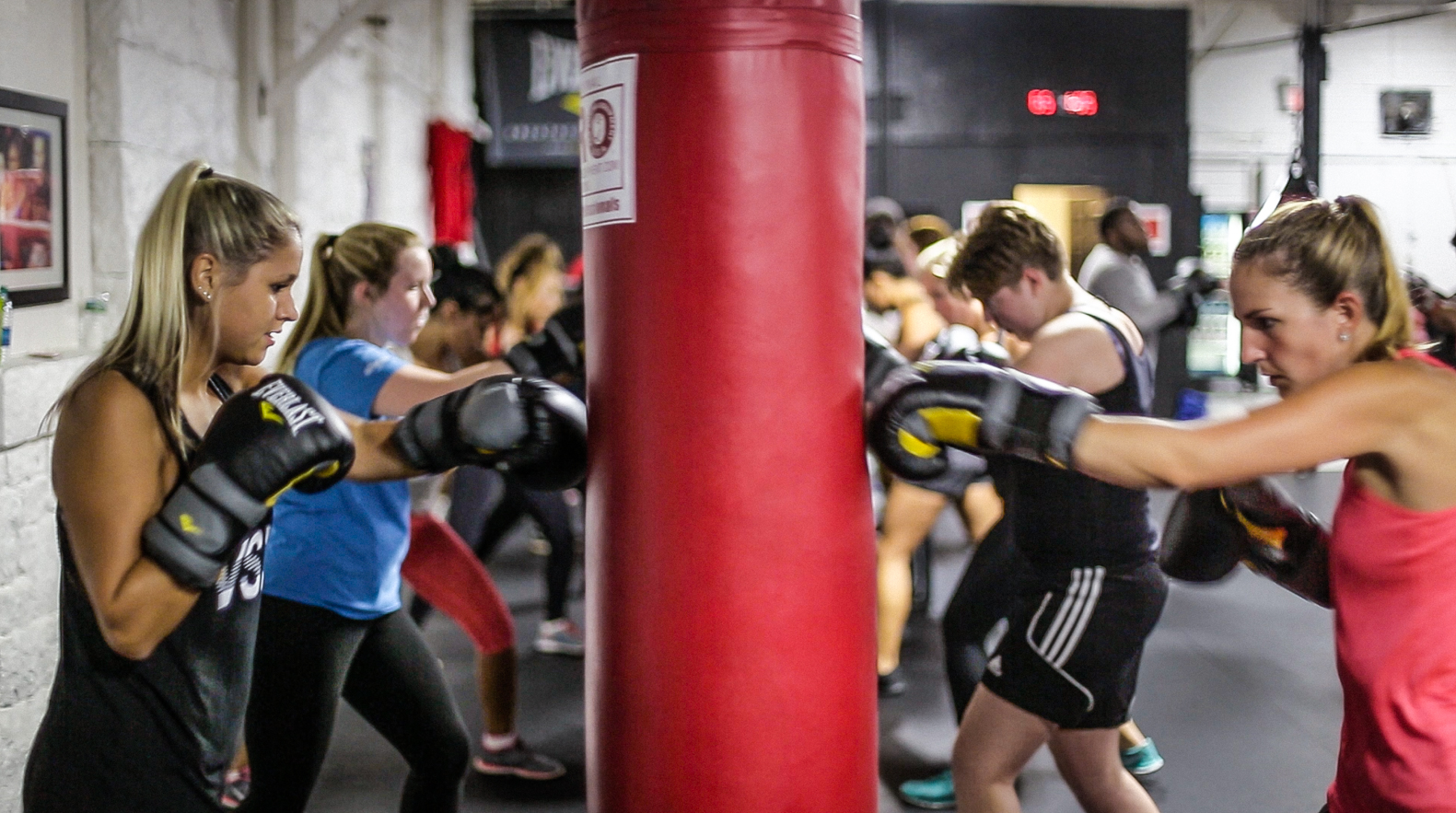
The Role of Boxing Centers in Empowering Communities and Promoting Personal Growth
Boxing is often seen as a sport that demands strength, discipline, and tenacity. But behind the punches, footwork, and rigorous training lies a deeper, often overlooked impact: the role of boxing centers in empowering communities and fostering personal growth. These facilities do much more than teach individuals how to fight Togelin. They serve as hubs for physical fitness, emotional development, and social support, making them an integral part of many neighborhoods worldwide.
The Heart of the Community: Boxing Centers as Safe Spaces
Boxing centers are more than just places where people learn how to box. In many communities, they serve as safe havens where individuals, especially the youth, can find structure, mentorship, and a sense of belonging. For many young people, particularly in underprivileged areas, boxing centers become an alternative to negative influences like gang activity, drug use, or violence. The discipline instilled in the ring, combined with the guidance of trainers and mentors, provides a positive outlet for energy, creativity, and ambition.
These centers often offer after-school programs, summer camps, and free classes that cater to individuals from all walks of life. By providing a structured environment, boxing centers allow young people to engage in something productive while learning life skills such as perseverance, goal setting, and accountability. The camaraderie built between participants helps form lasting relationships and community bonds that transcend the gym’s walls.
Beyond Physical Fitness: The Mental and Emotional Benefits
While boxing is known for its physical benefits, such as improved strength, endurance, and coordination, its impact on mental and emotional well-being is just as profound. Boxing requires intense focus, strategy, and mental clarity, helping participants develop sharper decision-making abilities. It teaches individuals to stay calm under pressure, which can be applied in real-life situations, both in and out of the ring.
For many, boxing becomes a form of therapy. It provides an emotional release, helping people cope with stress, anxiety, or trauma. The rhythmic motions of hitting a heavy bag, combined with the focus needed for sparring, can be cathartic for individuals dealing with personal challenges. The sport also teaches resilience—getting knocked down is part of the game, and learning to get back up is a valuable life lesson that resonates far beyond the sport itself.
The Role of Boxing Trainers: More Than Just Coaches
Boxing trainers play a critical role in shaping the lives of their students. While their primary function is to teach the technical aspects of boxing, the best trainers go beyond that, acting as mentors, counselors, and sometimes even life coaches. They foster a supportive environment, where students not only learn how to defend themselves but also build confidence and self-esteem.
In boxing centers, trainers often become trusted figures who provide guidance and support, particularly for those from challenging backgrounds. By instilling values like respect, hard work, and perseverance, trainers help their students not just become better boxers but also better individuals. These relationships help participants stay grounded and focused on long-term personal development.
Boxing Centers and Social Justice
Beyond their individual impact, boxing centers can also be agents of social change. Many boxing gyms are rooted in the fight for social justice, serving as platforms for advocacy and awareness. Some boxing centers offer programs aimed at empowering marginalized groups, promoting gender equality, or fighting against racial inequality. These gyms often collaborate with local organizations and engage in outreach efforts to address systemic issues affecting the community.
In this way, boxing centers contribute to creating a more inclusive society. They break down stereotypes about who can participate in boxing, offering training opportunities to women, minorities, and people with disabilities. By encouraging diversity in the sport, boxing centers foster an environment of inclusivity, where everyone has the chance to thrive, regardless of their background.